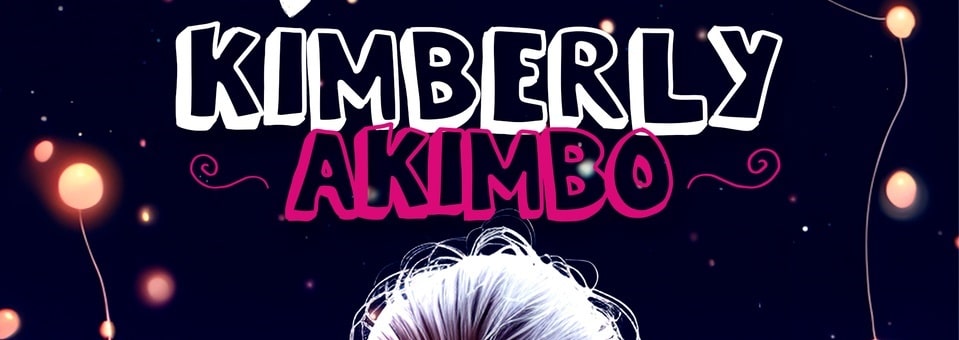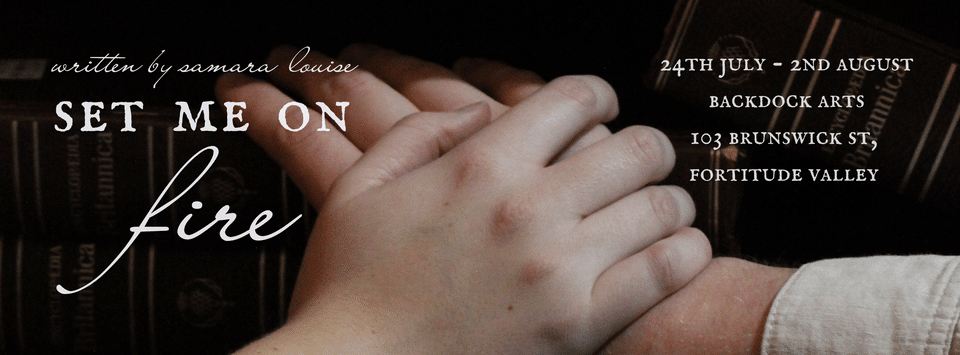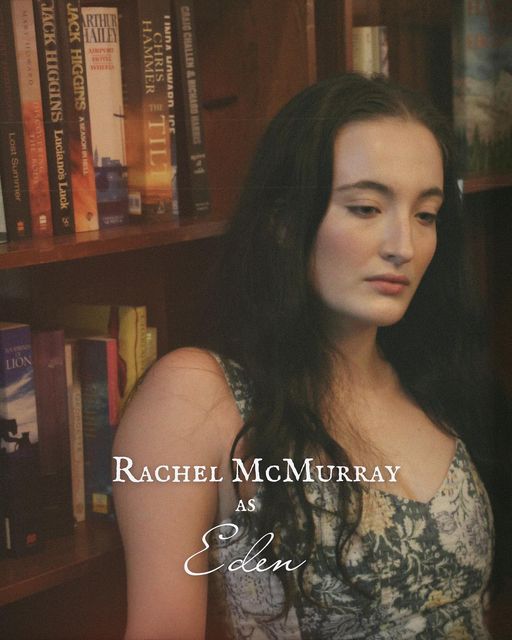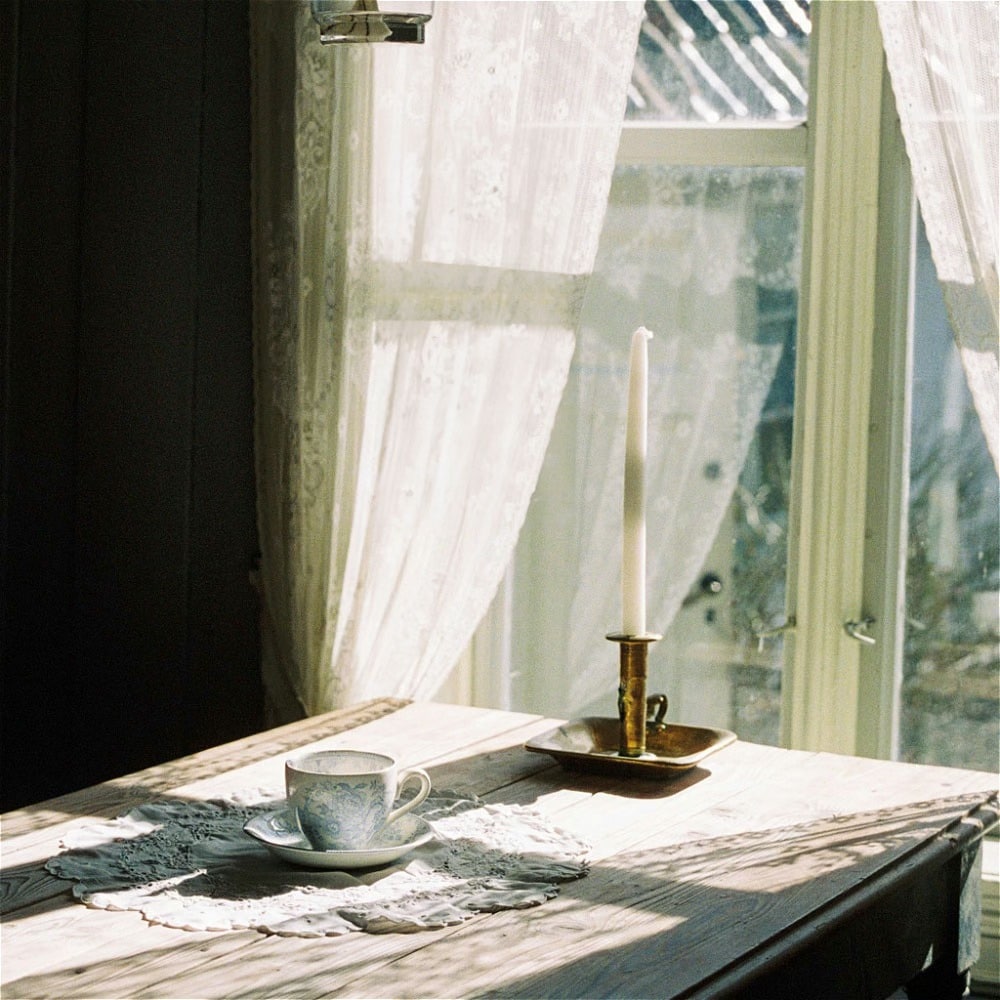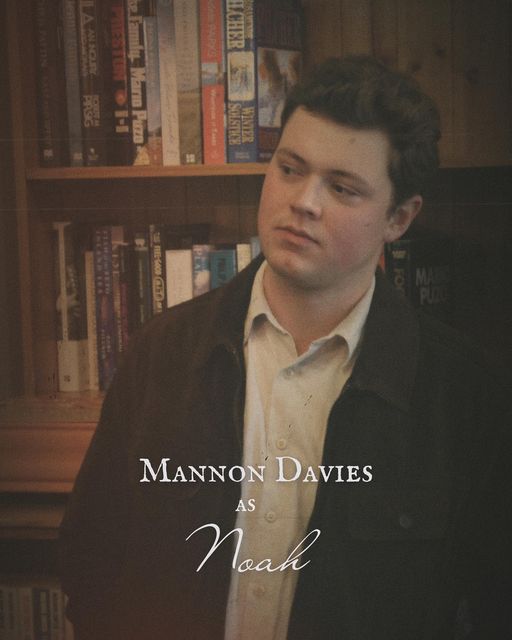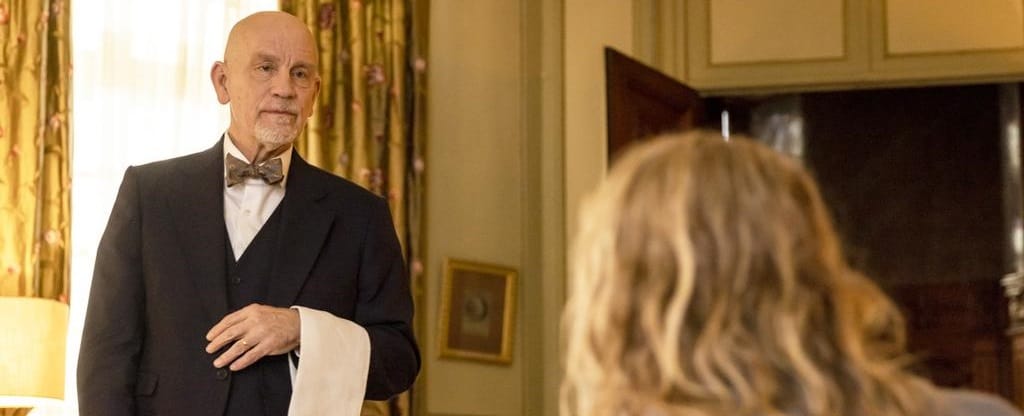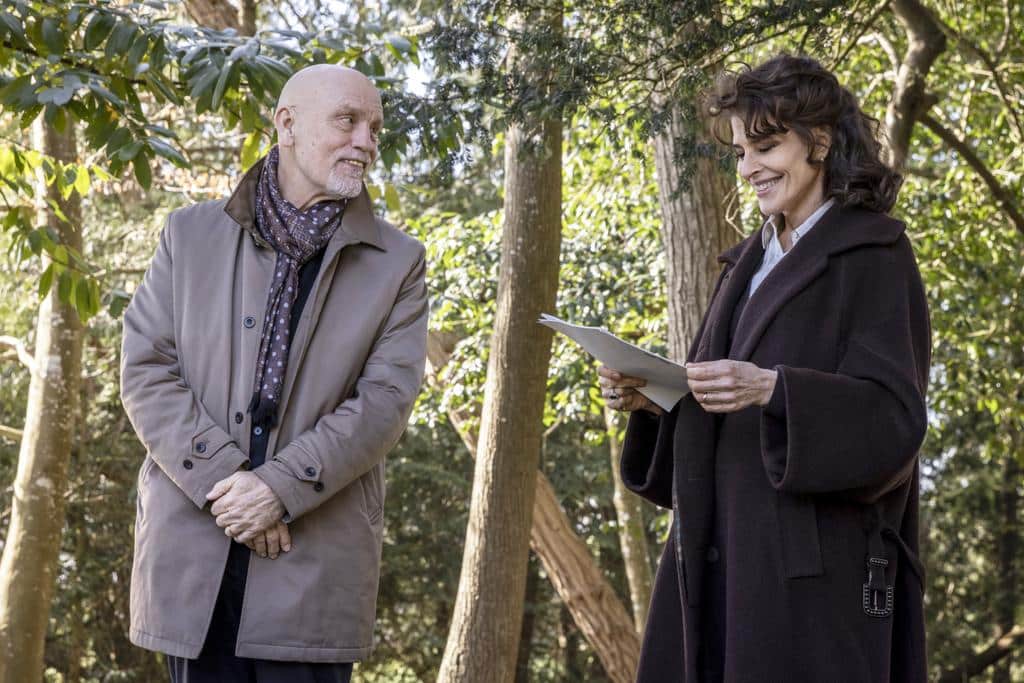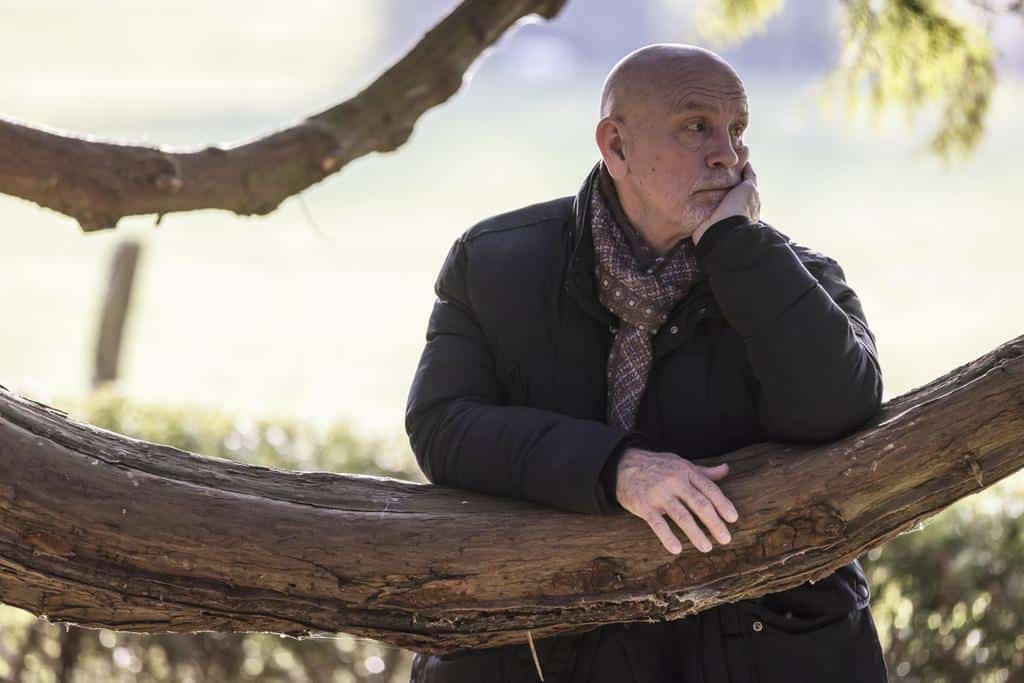To be honest, I am struggling to write this review. Not because it wasn’t an amazing show but because I wasn’t adequately prepared for the emotional rollercoaster that was David Lindsay-Abaire’s Kimberly Akimbo. Even though my therapist would highly approve of me writing to process my trauma, I am pretty sure that she meant it in a private journal and not in a public theatre review.
The year is 1999. Kimberly could be a typical 16-year-old if her life weren’t anything but typical. A rare medical condition means her body’s aged four times faster than it should. Grey hair, failing eyesight and forgoing body glitter for anti-wrinkle cream don’t quite make you Miss Popularity. But Kimberly’s about to make a friend. And just maybe, her life is going to change. If only her pregnant Mum could tone down the hypochondria. Hopefully, her Dad will start keeping his word. And with any luck, her aunt’s new scheme won’t blow up in their faces.
But don’t let the theatre’s fluffy synopsis fool you. This play is as heartbreaking as it is funny. But suppose you are looking for a redemptive “feel good” story about family members adapting and learning to live with someone with a chronic or terminal illness or disability, then you will probably leave impacted with plenty to think about on the trip home.
The story is less about the people in Kimberly’s life supporting her through her challenges and more about Kimberly having to tackle those obstacles entirely on her own. As someone with a chronic illness myself, some of the themes hit a little close to home for me. The show also tackles the challenging themes of addiction, family dysfunction, and mental illness, so it is better suited to audiences 16+.
Having said that, though, the entire cast brilliantly acted out the story. Kimberly is played by Naomi Thompson, who does an excellent job of playing a teenager juggling life and the symptoms of an illness in the most insane circumstances. Her parents, Patty and Buddy, are played by Cassie Baan and Rory Schiele and are joined by Patty’s eccentric sister, Debora, played by Maegan Weir. The cast is rounded out by Jeff, played by Sam Modra, a fellow student from Kimberly’s school who takes an interest in her for a school project. All of the actors put in such heartfelt performances under the fantastic direction of Kaela Gray that left me crying tears of laughter and sadness.
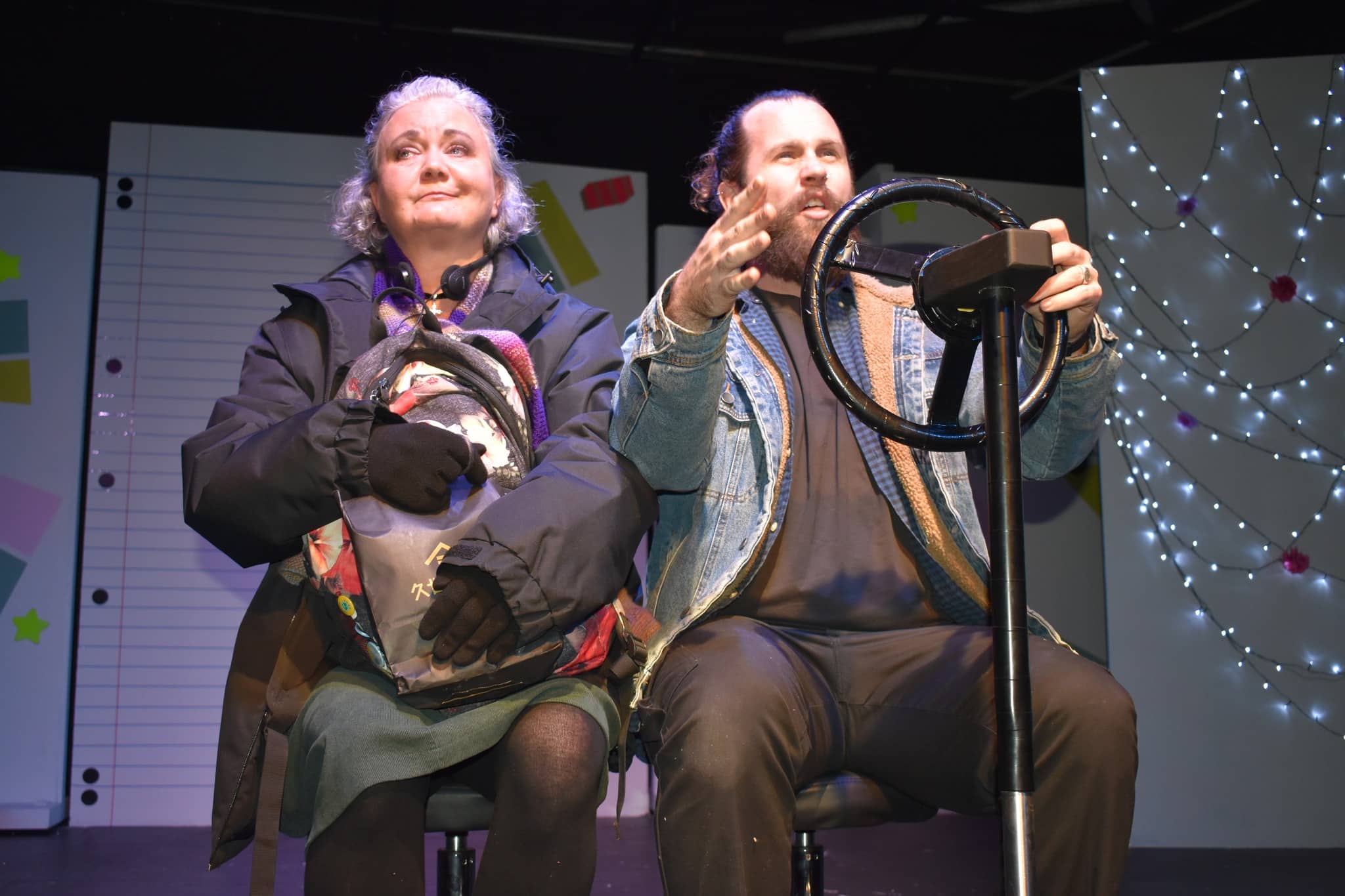
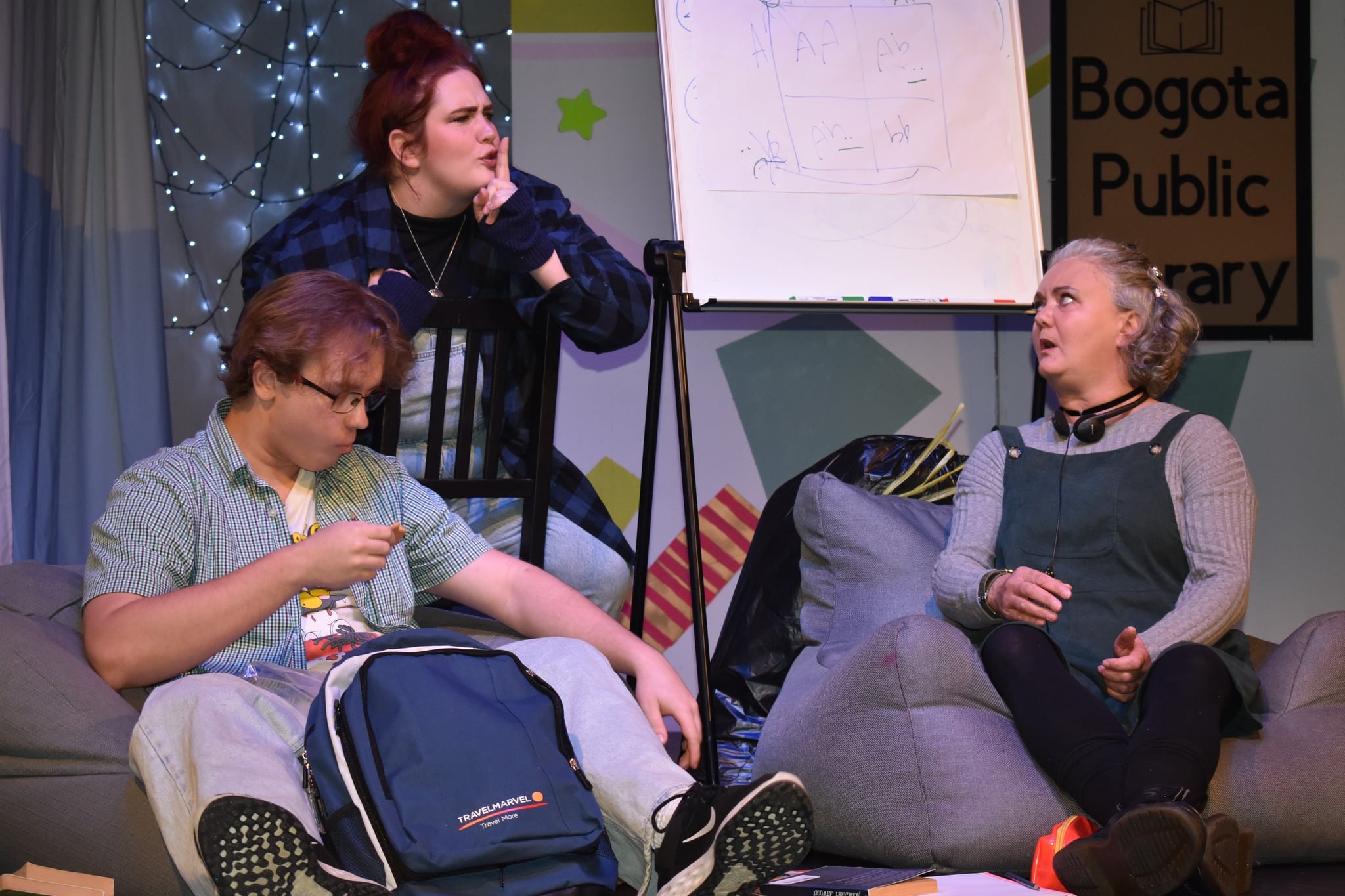
The whole production was extremely professional, and you could tell that everyone poured their heart and soul into bringing this story to life. Everything from the costumes to lighting, sound, and set design was thoughtfully planned and executed, making it easy to get swept up in the story. I encourage you to give Javeenbah a go and support your local community theatre artists.
Javeenbah Theatre is nestled on the corner of Steven and Ferry Street in Nerang, overlooking the Gold Coast skyline. There is ample parking onsite or on the street, and the theatre serves drinks and a small selection of snacks for patrons to enjoy before or during the show.
The theatre is on ground level, surrounded by grass and gravel, but there are no stairs to negotiate for theatre access if you use a mobility aid. The theatre is quite intimate, with excellent views of the stage from any seat in the house, comfortable chairs and ample legroom.
If you are looking for a fun evening on the Gold Coast, I highly recommend attending this show.
Kimberly Akimbo is playing at Jeveenbah Theatre, Nerang, from August 31st to September 14th, and I am excited that there will be an AUSLAN-signed performance on September 7th and a “relaxed, toned-down” matinee performance on September 14th.
For tickets, book at https://javeenbah.org.au/.
